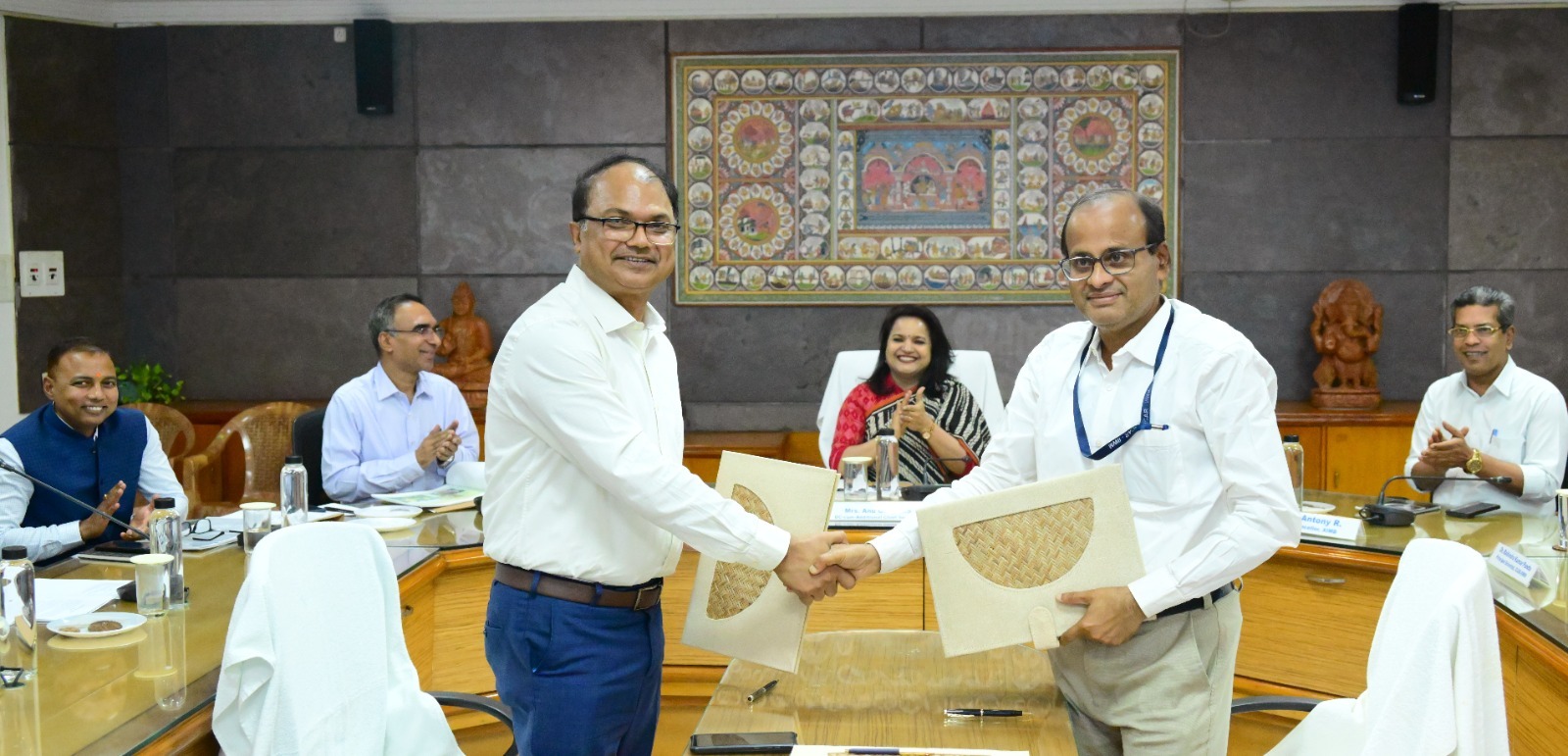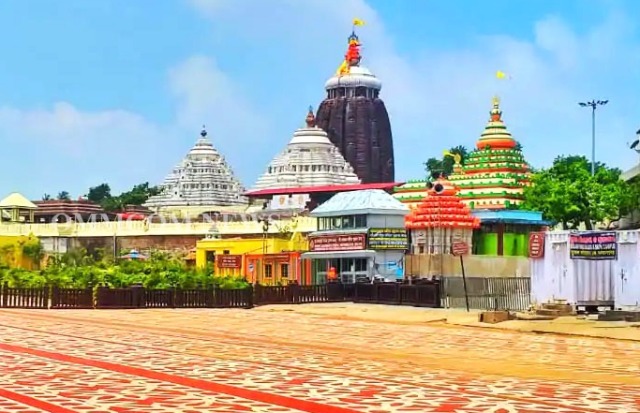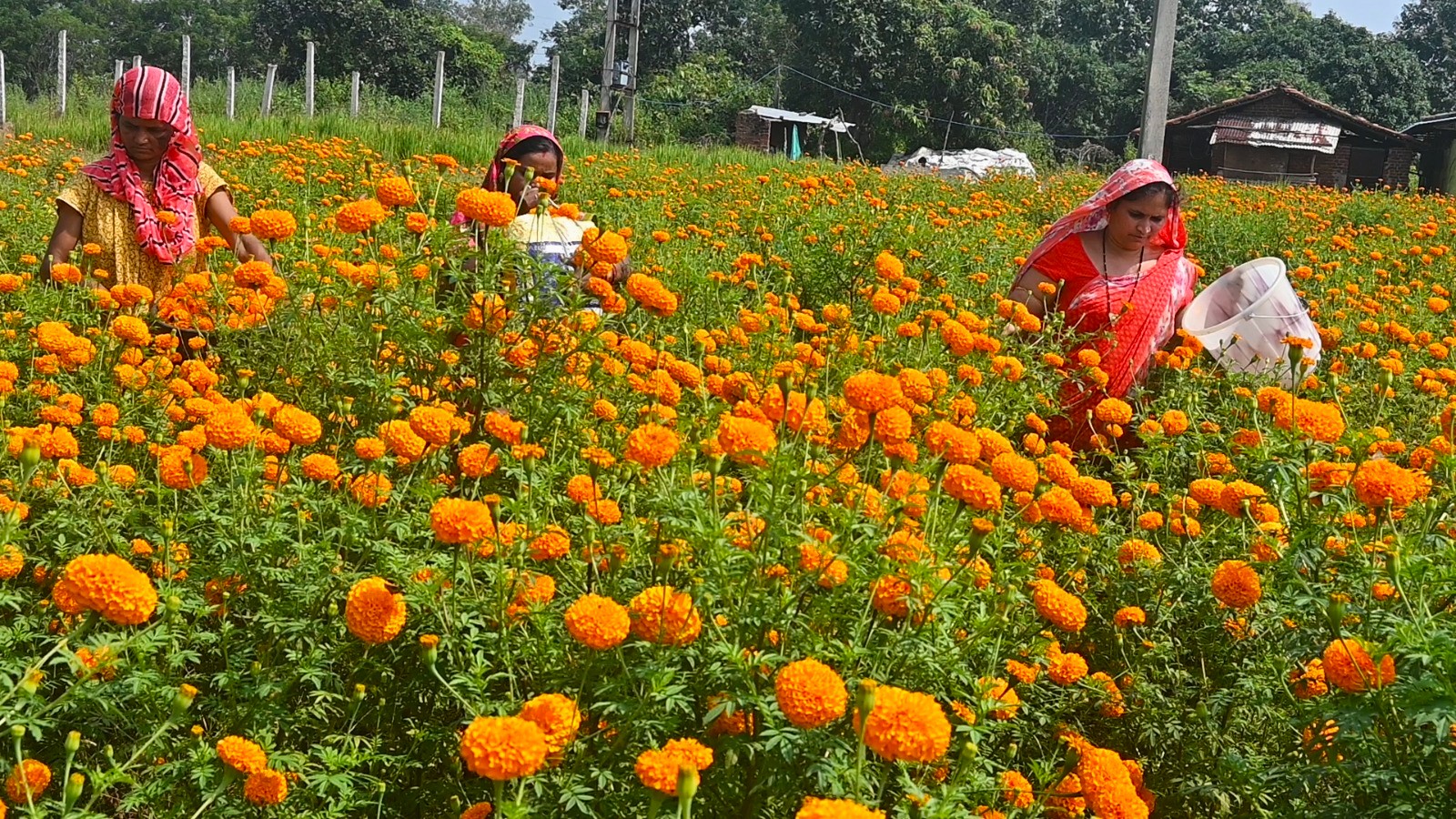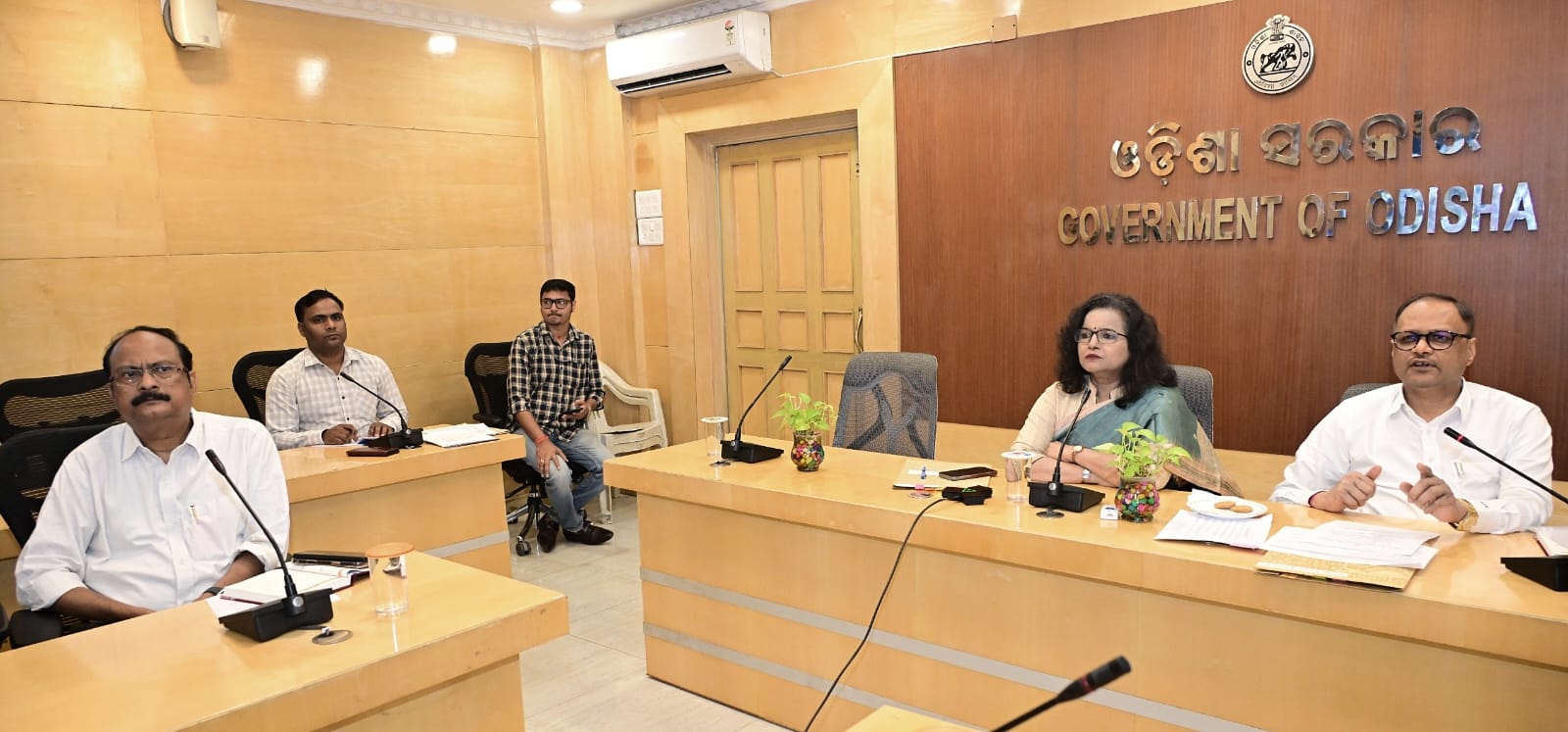Bhubaneswar: The Odisha Department of Water Resources (DoWR) has signed two significant Memorandums of Understanding (MoUs) with the Indian Council of Agricultural Research–Indian Institute of Water Management (ICAR-IIWM), Bhubaneswar, and the Xavier Institute of Management, Bhubaneswar (XIMB). The agreements were formalized on November 19, 2024, at Rajiv Bhawan, in the presence of Smt. Anu Garg, IAS, Development Commissioner-cum-Additional Chief Secretary, Department of Water Resources.
Key dignitaries present at the event included Suresh Kumar Vashishth, IAS, Principal Secretary, Fisheries & Animal Resources Development; Prem Chandra Choudhary, Director of Agriculture and Food Production, Odisha; Dr. Rabindra Kumar Panda, Principal Scientist, ICAR-IIWM; and Uvari Antony R., Vice-Chancellor, XIMB, among others. Senior officials from related departments also participated.
The first MoU, signed between the Director of Command Area Development and Participatory Irrigation Management (CAD-PIM) and ICAR-IIWM, focuses on piloting a digital water management system. This project, titled “Pilot Field Demonstration of Digital Water Measuring and Soil Moisture Sensing Systems for Enhancing Agricultural Water Productivity of Canal Commands,” will introduce IoT-enabled devices for irrigation scheduling in Usuma village near Phulnakhara, Cuttack.
This initiative aims to build the capacity of local water management groups, known as Pani Panchayats, in adopting automated irrigation controls. It is expected to optimize water use, encourage crop diversification, and improve agricultural productivity within canal command areas.
The second MoU, signed between the Project Director of the Odisha Integrated Irrigation Project for Climate Resilient Agriculture (OIIPCRA) and XIMB, is geared towards empowering Pani Panchayats through a Training of Trainers (ToT) program. The collaboration will provide hands-on training and mentoring for Pani Panchayat office bearers and include pre- and post-training assessments and outcome evaluations to measure the program’s effectiveness.
During the event, Anu Garg reviewed sustainable irrigation projects in the districts of Ganjam, Mayurbhanj, Kendujhar, and Kalahandi. District Collectors, who joined virtually, presented updates on the success of these projects. Highlighting the benefits to farmers, they showcased examples of Minor Irrigation Projects (MIPs) developed under OIIPCRA, emphasizing how these initiatives have boosted water productivity, crop diversification, and sustainable agriculture.
Garg underscored the importance of convergence among Agriculture, Horticulture, Fisheries, and Animal Resources Development departments, with inputs from academicians, to achieve sustainable irrigation outcomes.
An emerging theme in the discussion was the potential of OIIPCRA-developed MIPs to serve as hubs for Agri-Tourism and Aqua-Tourism. These projects, which provide both recreational and educational experiences, are attracting public interest and have the potential to boost the rural economy while showcasing innovative agricultural practices.
The dual MoUs and the discussions held during the conference underscore Odisha’s commitment to integrating technology, education, and community participation in achieving sustainable and efficient water management for agriculture.





